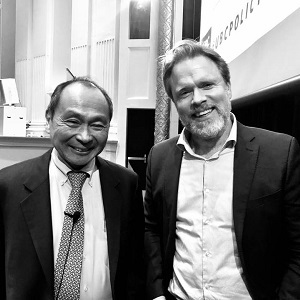
Populism is poisoning the global liberal order
It is no exaggeration to say that the fate of the global liberal order hangs precariously in the balance.

It is no exaggeration to say that the fate of the global liberal order hangs precariously in the balance.

While the order has come under criticism in the past, it has never experienced anything quite like the assault of the present.

While some world leaders resist global cooperation, city leaders are working across borders to tackle big issues like global warming, immigration and terrorism.

Salvadorans were first granted TPS in 2001 after a large earthquake struck El Salvador, but the Department of Homeland Security now argues that the “original conditions” no longer exist.
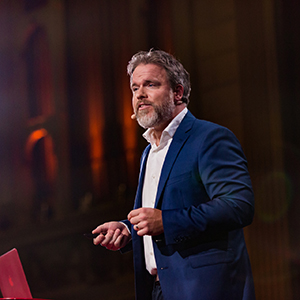
While the global liberal democratic order is most certainly down, it is far from out.

Razón Pública January, 2018 En medio de una reñida campaña presidencial, el aumento en las hectáreas de coca podría revivir las fumigaciones y endurecer otra vez la “guerra” contras la drogas. ¿Cómo reducir los cultivos ilícitos sin hacer daño a la paz y al desarrollo?

In some gang-controlled parts of Rio, just wearing the religious garb of Candomblé or Umbanda is a crime punishable by expulsion.

WEF Forum November, 2017 Friday´s savage attack in Egypt is a reminder that the vast majority of terrorist-related killings occur in less well known cities far from the media glare. To be sure, the brutal murder of 305 practicing Sufis in Bir al-Abed represents a

Having rejected its demogogues just a few years ago, the region is now poised to welcome them back
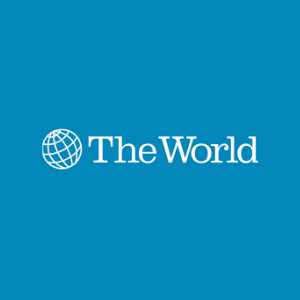
Whether caused by a lone wolf or an intimate partner, gun violence is expensive
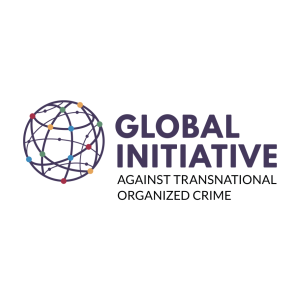
Delivering an effective law enforcement and criminal justice response to organized crime is challenging for even the best resourced governments.

La información y el análisis son la única manera de evidenciar los verdaderos cambios en violencia.

A jump in Chinese investment could have a big impact on Latin America’s largest economy.

In Rio de Janeiro, where murder rates this year have soared to their highest levels in a decade, violence stalks even the youngest residents.

The sense of unease on many Latin American city streets is palpable. Fear and uncertainty affect people’s day-to-day decisions — whether to take public transport, where to buy groceries, when to go out at night.
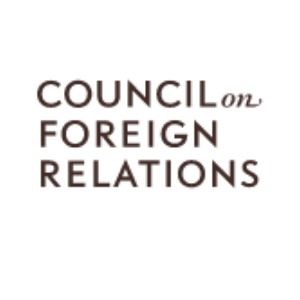
The Brazilian government has launched a consultation on the future of CGI.br, the body that sets internet policy in the country. Some fear that the Temer administration is trying to gut it.

The end of war hasn’t released Colombia from the grip of violence. Homicide rates have fallen in the 12 months since the Revolutionary Armed Forces of Colombia (FARC) agreed to a permanent ceasefire, but other forms of victimization have started to rise.

Latin American Solutions for a Latin American Problem, an article to Foreign Affairs.
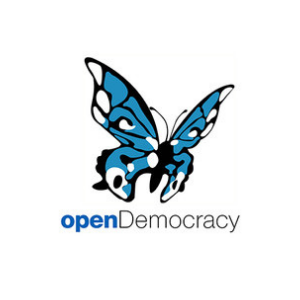
While Brazil made some important strides in sustainable development over the past two decades, it also risks moving backward in the years ahead.

Adriana Erthal Abdenur and Robert Muggah falam sobre a crise da Venezuela

OpenDemocracy July, 2017 Rio de Janeiro is not one, but many cities. There´s the one that most people have heard about – made up of posh beach facing neighbourhoods such as Copacabana, Ipanema and Leblon. Then there´s the city that gets less attention which includes

OpenDemocracy July, 2017 If the test of successful political leadership could be distilled to a single issue, the fight to safeguard our climate would be a strong candidate. With President Trump withdrawing the US from the Paris Climate Change Agreement (COP21), he abdicates a claim to serious leadership.

OpenDemocracy July, 2017 This article is published as part of the campaign Instinto de Vida. Part of the justification for President Donald Trump’s “great wall” is that it is needed to keep America protected from what lies below – northern Mexico is rife with drug violence

The Guardian June, 2017 A silent emergency is spreading across Central America and Mexico. Unprecedented numbers of men, women and children are fleeing the region’s violence-plagued cities and towns. They are seeking asylum in neighbouring countries, or are searching for safer ground closer to home. Two main

Devex June, 2017 Brazil is the site of not one, but multiple forced migration crises. Since 2016, thousands of Venezuelans have poured across the border in search of safer ground. Congolese, Mozambican and Syrian refugees are claiming asylum there alongside Haitian survival migrants. Much less visible, however,

The Conversation, Robert Muggah, 28/06/2017 In the 1990s, the capital of Colombia’s mountainous Antioquia province Medellin had one of the world’s highest-ever recorded murder rates: 380 homicides per 100,000 people. After national authorities wrested control of the city’s poorest communities from paramilitaries, mayor Sergio Fajardo

WEForum June, 2017 The world has suffered an alarming increase in terrorism events over the past five years. Equally dramatic is the spike in terrorism-related fatalities. While the vast majority of terrorist-related killings are concentrated in the Middle East, North Africa and Central and South

WEForum June, 2017 The world is facing unprecedented levels of population displacement. At least 65 million people are on the move, including 21.3 million refugees and 31 million internally displaced persons since the beginning of 2016. That means that one in every 100 people globally

Razón Pública May, 2017 Por Katherine Aguirre, pesquisadora de Instituto Igarapé Incumplimientos de todos los lados El día clave del proceso de paz será el jueves 1 de junio: ese día es el número 180 de la que dimos en llamar “implementación” del Acuerdo Final,

Americas Quarterly April, 2017 That Mexico’s drug cartels get their firepower from the United States is no longer much of a mystery. Even President Donald Trump has acknowledged that the U.S. should do more to curb the flow of arms across its southern border. But

O Instituto Igarapé utiliza cookies e outras tecnologias semelhantes para melhorar a sua experiência, de acordo com a nossa Política de Privacidade e nossos Termos de Uso e, ao continuar navegando, você concorda com essas condições.

